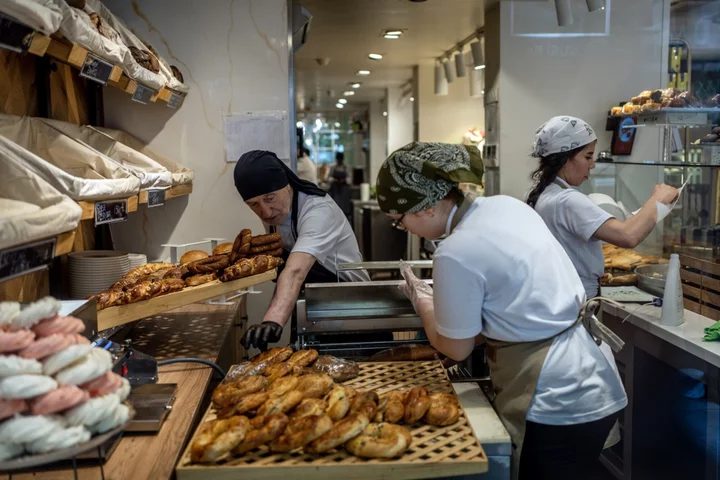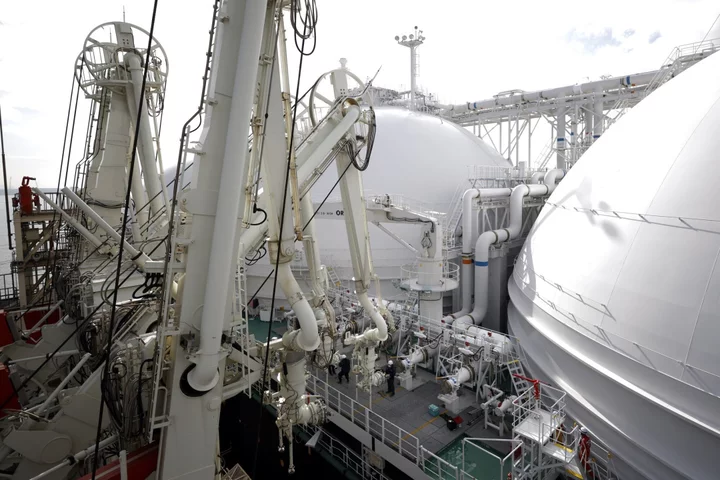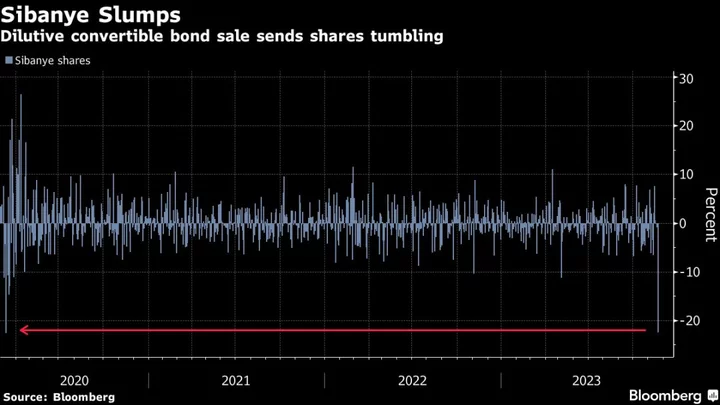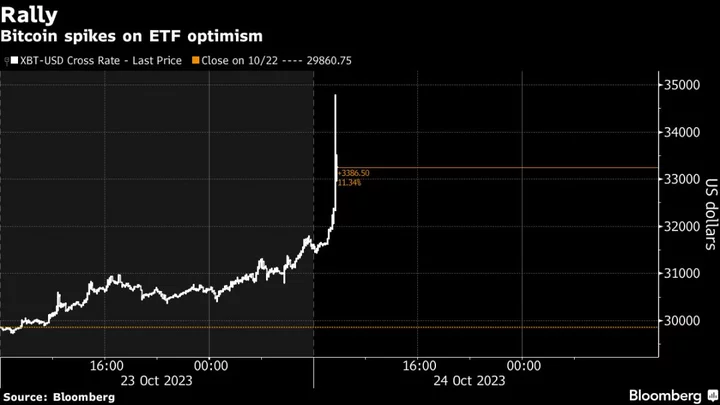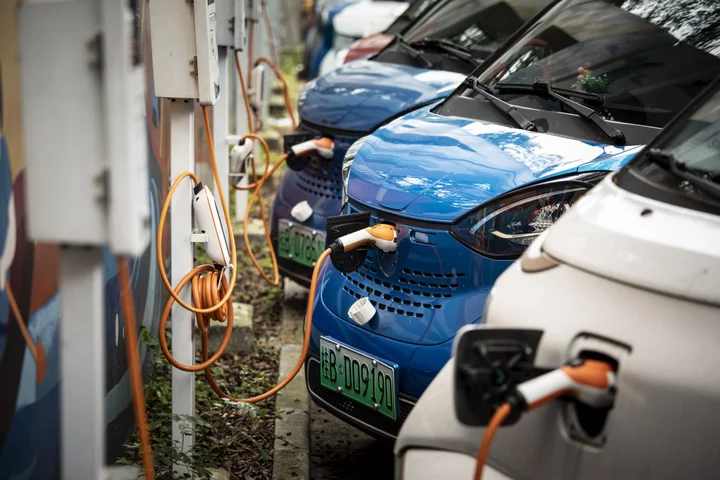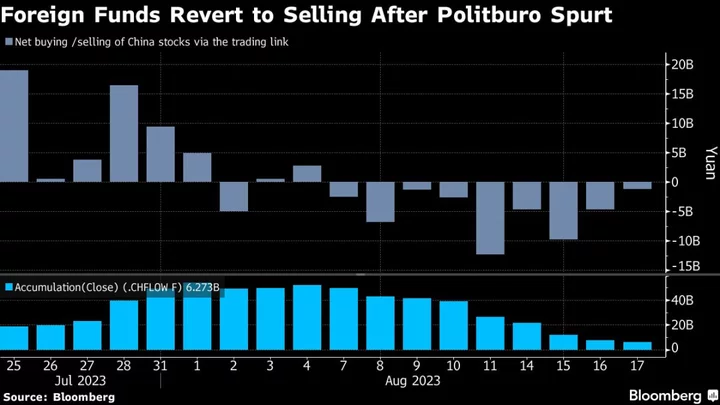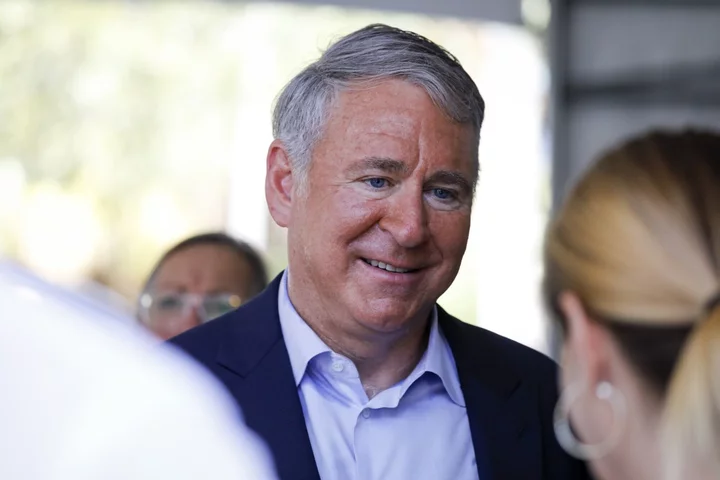Turkey raised its minimum wage for a second time this year, potentially adding to inflationary pressures making the job of the country’s new economic team harder.
The monthly net minimum wage will rise by 34% to 11,402 liras ($483), Labor Minister Vedat Isikhan said in televised comments. That’s an increase of 107% from the end of last year.
While it signals the commitment of President Recep Tayyip Erdogan, who won re-election last month, to improve economic conditions for people on low wages, it could end up accelerating price rises. Inflation has slowed since last year, but still stands at 40%.
“If inflation does not slow down, the wage increase is meaningless,” said Ergun Atalay, head of Turkey’s Labor Unions Confederation. “We hope that the prices in the market will be taken under control as soon as possible.”
The $900 billion economy grappled with a surge in inflation in recent years, as Erdogan pursued growth and higher household spending at the expense of price stabilization. The president overhauled his economic team after his election victory, bringing back former Wall Street bond strategist Mehmet Simsek as finance minister.
Foreign investors hope the government ends its unorthodox economic policies, including back-door interventions to prop up the lira and keeping interest rates well below the level of inflation.
What Bloomberg Economics Says...
Interim wage hikes, a potential revision on pensions, the government’s pricing and tax policies, as well as expectations for further lira depreciation, will add to inflationary pressures for remainder of the year.
- Selva Bahar Baziki, economist. Click here to read more.
Simsek has acknowledged the need to adopt “rational” policies but told business leaders and bankers on Friday that he would take gradual steps to avoid unwanted side-effects, according to people familiar with the matter.
The central bank is scheduled to make a decision on interest rates on Thursday, its first under Governor Hafize Gaye Erkan, who Erdogan appointed days after Simsek.
Economists expect a hike from the base rate of 8.5% but differ widely on how big it will be. Forecasts from a Bloomberg survey suggest the bank will increase the rate to anywhere between 14% and 40%. The median estimate is 20%.
(Updates throughout.)

